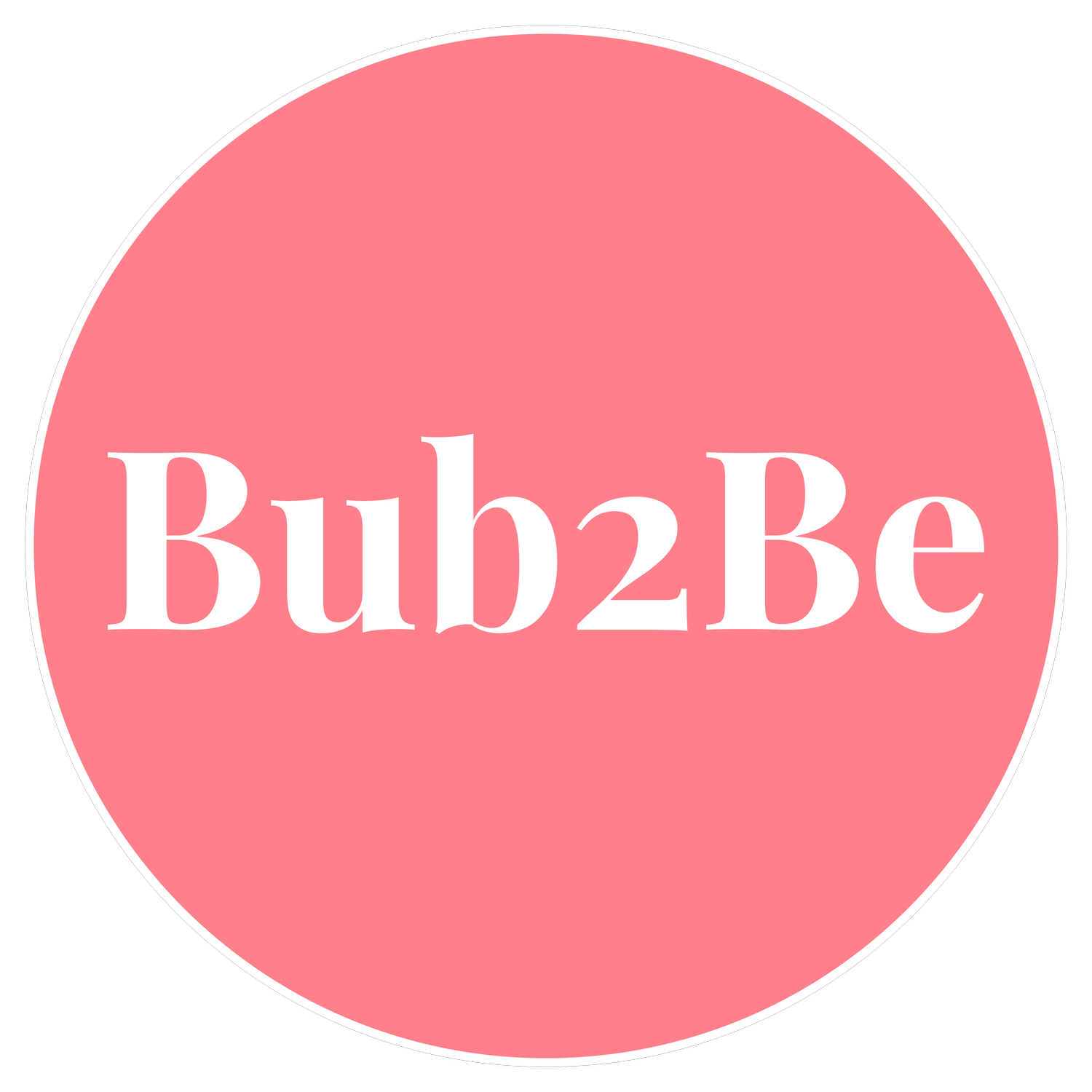The Benefits of Positive Affirmations During Labour
When you think about labour, you might picture breathing exercises, birthing balls, and a room full of medical equipment. But here’s the thing: your mindset is just as crucial as any birth plan or physical preparation. In recent years, positive affirmations have become a must-have for many mums-to-be, helping them stay focused, calm, and in control during birth. But what exactly are affirmations, and how can they make a difference in your labour experience? Let’s get into it.
What Are Positive Affirmations (And Do They Actually Work)?
Positive affirmations are short, powerful statements that you repeat to yourself, designed to keep your thoughts focused on your strengths and goals. Think of them as your brain’s pep talks. Instead of spiralling into a “What if I can’t do this?” moment, affirmations remind you that you can handle whatever labour throws at you.
Some favourites include:
“My body is designed for this.”
“Every contraction is bringing me closer to meeting my baby.”
“I am strong, capable, and safe.”
“I trust my body and the process.”
Now, you might be thinking, “Sounds nice, but does repeating words really help?” Actually, yes! Science shows that positive affirmations can change your thought patterns, reduce stress, and even boost your resilience when things get tough. Research has found that self-affirmation can activate the brain’s reward system, making it easier to manage pain and discomfort.
In labour, your mindset is everything. If your head’s in the right place, your body is more likely to work in harmony with the process, making each contraction feel more manageable and less overwhelming. Positive affirmations help you stay calm, confident, and focused—three things every birthing person deserves.
Why Affirmations Are a Game-Changer During Labour
Kicking Anxiety to the Curb: Let’s be real—labour can be intimidating, especially if it’s your first time. It’s completely normal to feel a mix of excitement and nerves. Affirmations help quiet the “what ifs” and replace them with affirmations that you’ve got this. Instead of worrying about pain or the unknown, you’re reminding yourself of your strength and capability.
Staying in Control: Labour has its own unpredictable rhythm, and it’s easy to feel like things are happening to you rather than with you. Affirmations give you a mental anchor to hold onto when things get intense. Whether you’re breathing through contractions or feeling overwhelmed, repeating affirmations helps keep your mind focused and grounded.
Trusting Your Body: Birth is one of the most natural processes, but it’s easy to second-guess yourself when you’re in the thick of it. Positive affirmations reinforce that your body is made for this, helping you lean into the process with confidence. When you trust your body, you’re more likely to work with it rather than fight against it.
Setting the Vibe for Your Birth Space: Whether you’re planning a home birth, heading to a birthing centre, or having a hospital birth, the vibe of your environment makes a difference. Filling your space with affirmations—whether that’s in your head, on the walls, or spoken aloud—creates a positive, calming energy that everyone in the room can feel. Even if things don’t go exactly as planned, affirmations can keep you grounded.
Boosting Your Support Team’s Positivity: Your birth partner, midwife, or doula are all there to support you. Sharing your favourite affirmations with them means they can echo those positive vibes back to you when you need it most. It’s like having your own personal cheerleading squad, ready to remind you of your strength and power.
Making Affirmations Part of Your Birth Plan
Start During Pregnancy: Like any good habit, affirmations work best when you’ve practised them ahead of time. Find a few that resonate with you and repeat them regularly, whether it’s while you’re doing breathwork, meditating, or just chilling out. The more you practise, the more they’ll become second nature.
Visual Reminders: Surround yourself with positivity—literally. Whether it’s displaying beautifully designed affirmation cards in your home or downloading a digital set to keep on your phone, visual cues help keep you centred. We’ve got you covered with our range of Birth Affirmation Cards, available in both physical printed sets and as instant digital downloads on our Etsy store. They’re perfect for decorating your birth space or using as daily reminders during pregnancy.
Get Your Birth Partner Involved: Share your affirmations with your partner or support person so they can repeat them to you during labour. There’s something really powerful about hearing those encouraging words from someone you trust, especially when things start getting intense.
Pair Affirmations with Breathwork and Visualisation: Affirmations work best when you combine them with other calming techniques. Try syncing your affirmations with deep breathing or visualisation exercises. For example, during contractions, you might say “I breathe in calm, I breathe out tension” while focusing on each breath. It’s all about creating a rhythm that keeps you grounded and focused.
Embrace the Power of Your Words
Labour is as much a mental journey as it is a physical one, and positive affirmations can be the secret ingredient that makes all the difference. By using affirmations to build your confidence, reduce fear, and stay present, you’re setting yourself up for a birth experience that feels empowered and intentional.
So, whether you’re preparing for your first birth or looking for extra support this time around, consider adding affirmations to your toolkit. And if you want a bit of extra inspiration, check out our range of Birth Affirmation Cards. We’ve designed them with love, care, and a whole lot of positive energy to help you navigate your labour with confidence. Ready to feel empowered and prepared? You’ve got this—because your words have power!

